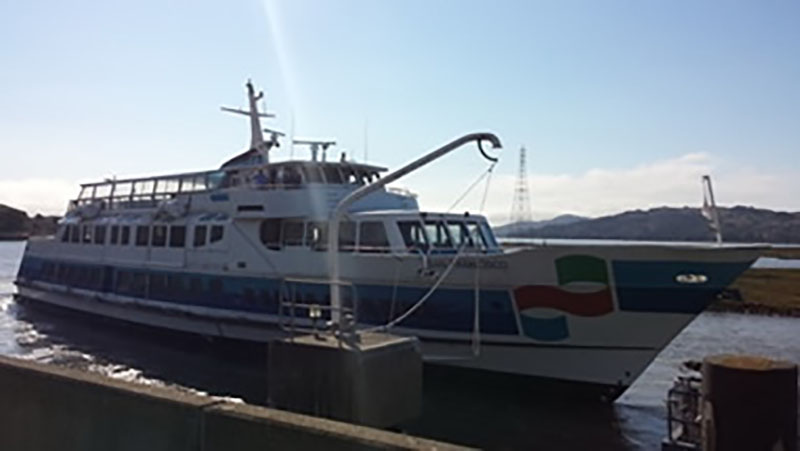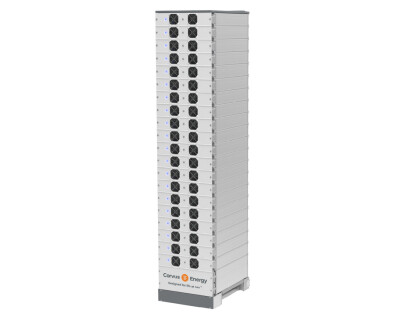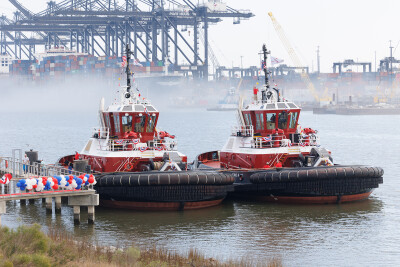A cellphone call on the bridge of a ferry recently became the focus of a California federal court in examining a 2013 accident on San Francisco Bay.
The ferry, operated by the Golden Gate Bridge, Highway & Transportation District (Golden Gate), collided with a speedboat. The owner of the speedboat was seriously injured and its operator was killed. In the jury trial, claimants’ closing arguments were that the ferry captain was distracted by a cellphone call and did not see the speedboat.
Golden Gate filed a petition to limit liability. Limiting liability is something that frequently arises in maritime accidents. If a vessel owner’s bid to limit liability is successful, they are basically only on the hook for the post-casualty value of the vessel.
In December 2016, the court rendered its decision on Golden Gate’s petition to limit liability. At a glance, a casual observer could say that cellphone use is not within the control of a shipowner. After all, shipowners have control over things like inspecting engines, requiring lifeboat drills, or ensuring STCW training. They can’t control a cell call on the spur of the moment, right?
Well, it isn’t quite that simple. Courts tend to look beneath the surface in limitation proceedings. For instance, in the 2003 Staten Island Ferry accident, the court looked at operating policies and practices when the city of New York attempted to limit liability. The court ruled against the city and did not allow it to limit liability to the $14.4 million post-casualty value of the ferry.
In this West Coast case, the court didn’t see the situation as simply a matter of a spontaneous phone call. The court felt that the ferry operator didn’t meet its legal burden of demonstrating a lack of privity or knowledge (which if met, would have enabled limiting liability). The court noted that Golden Gate didn’t have a policy for the use of cellphones by captains. Additionally, the court pointed out that it knew its captains carried personal cellphones while operating ferries and permitted their use.
As a result, the court denied Golden Gate’s attempt to limit liability.





